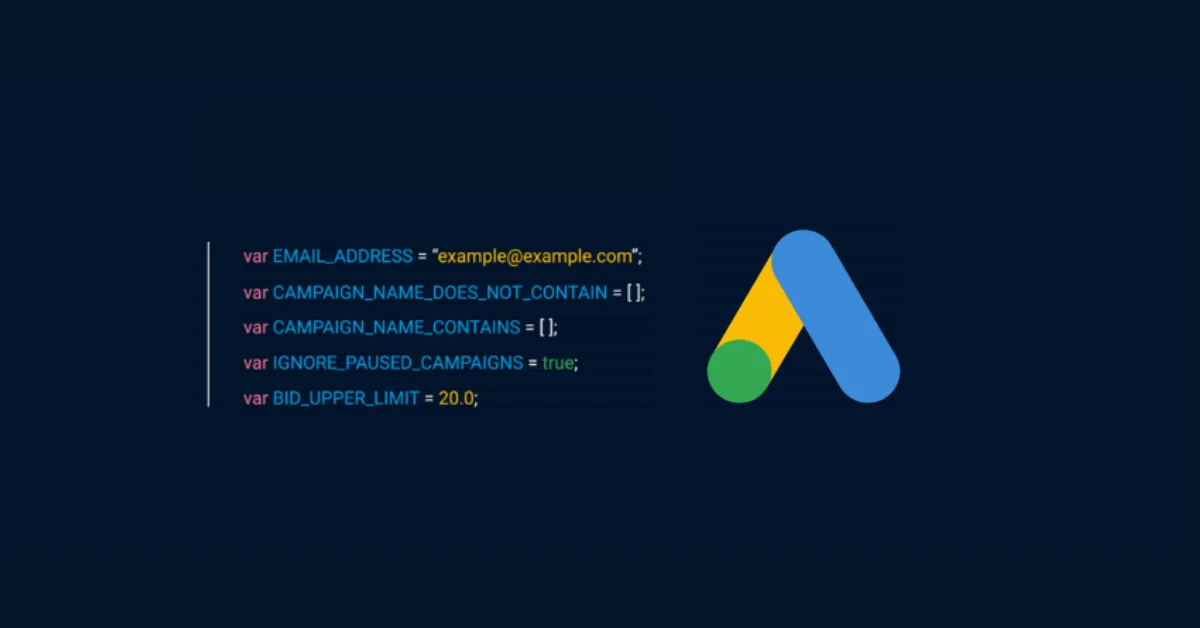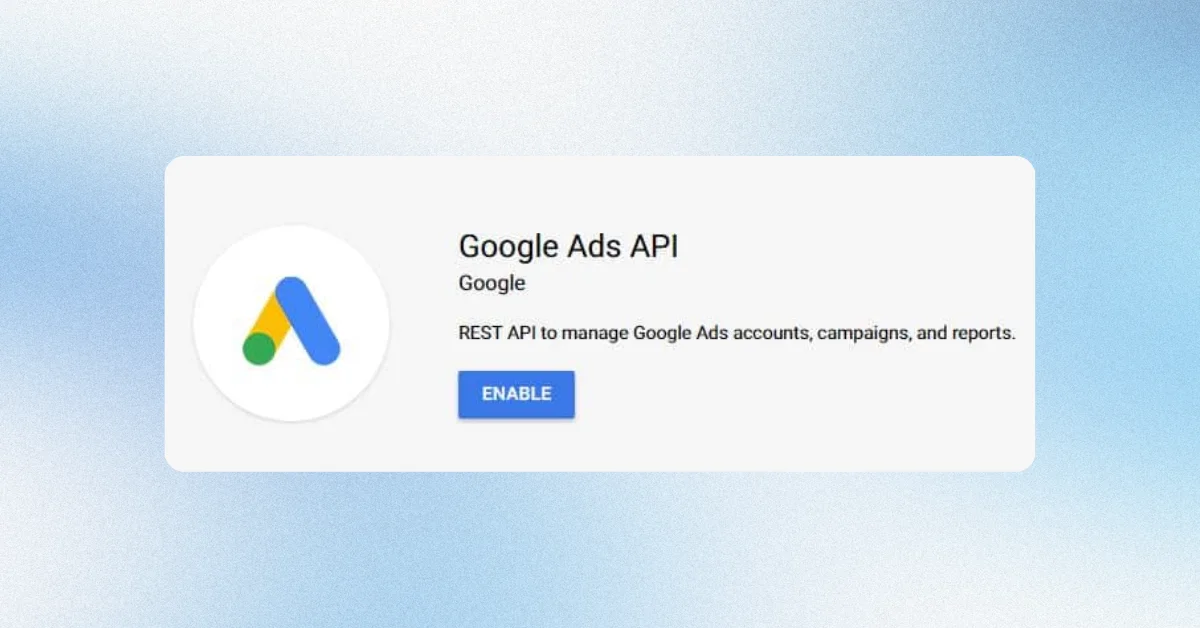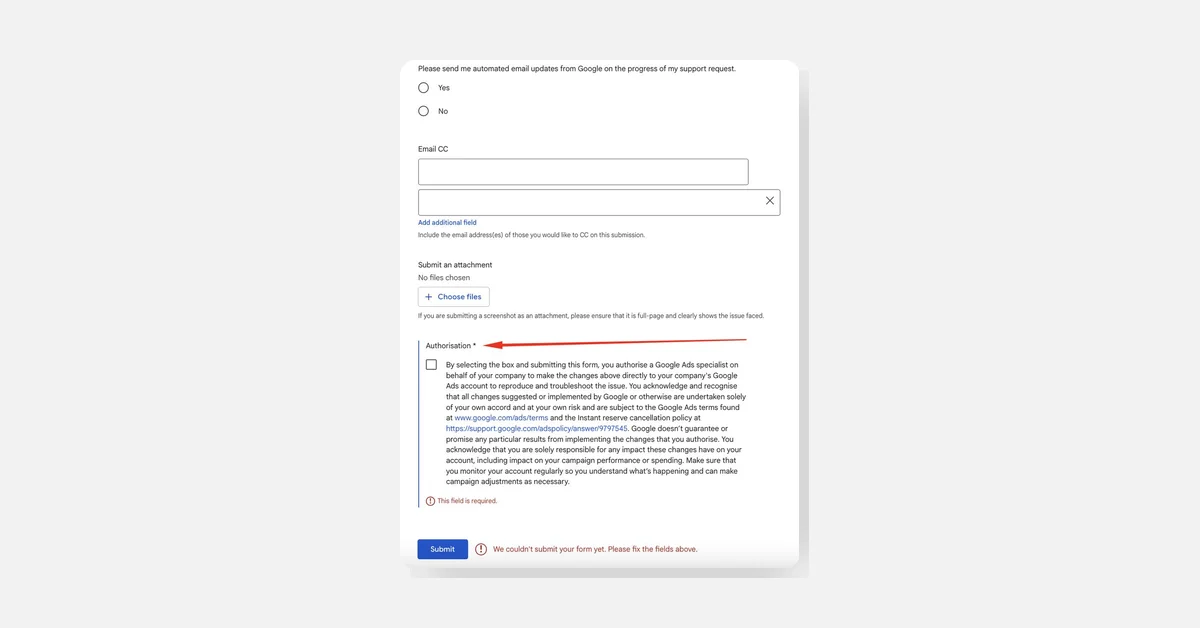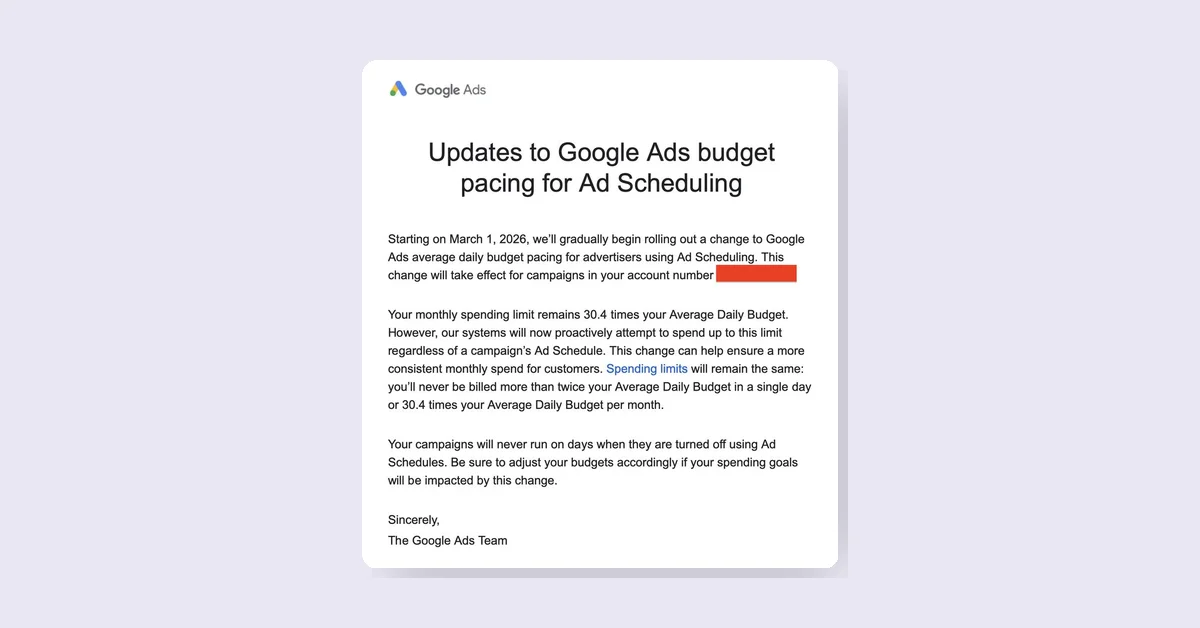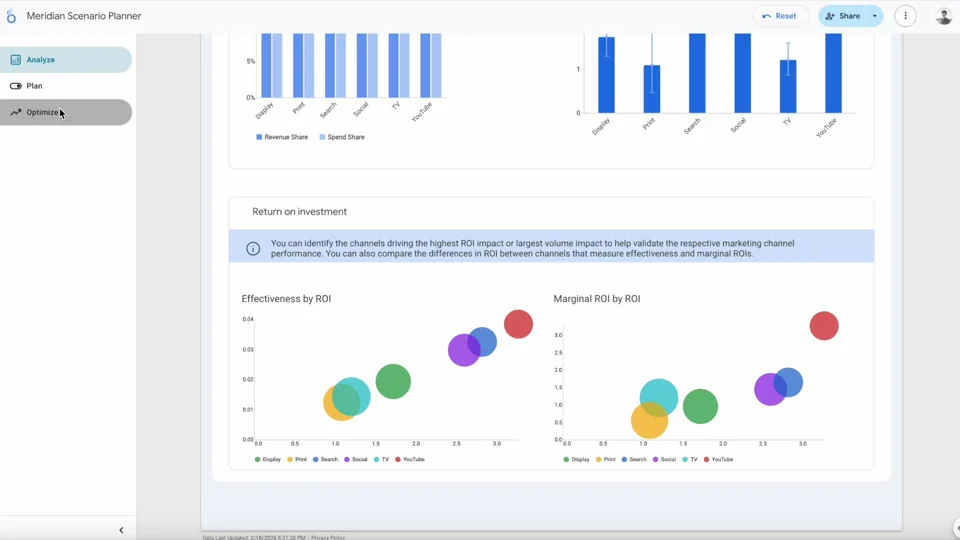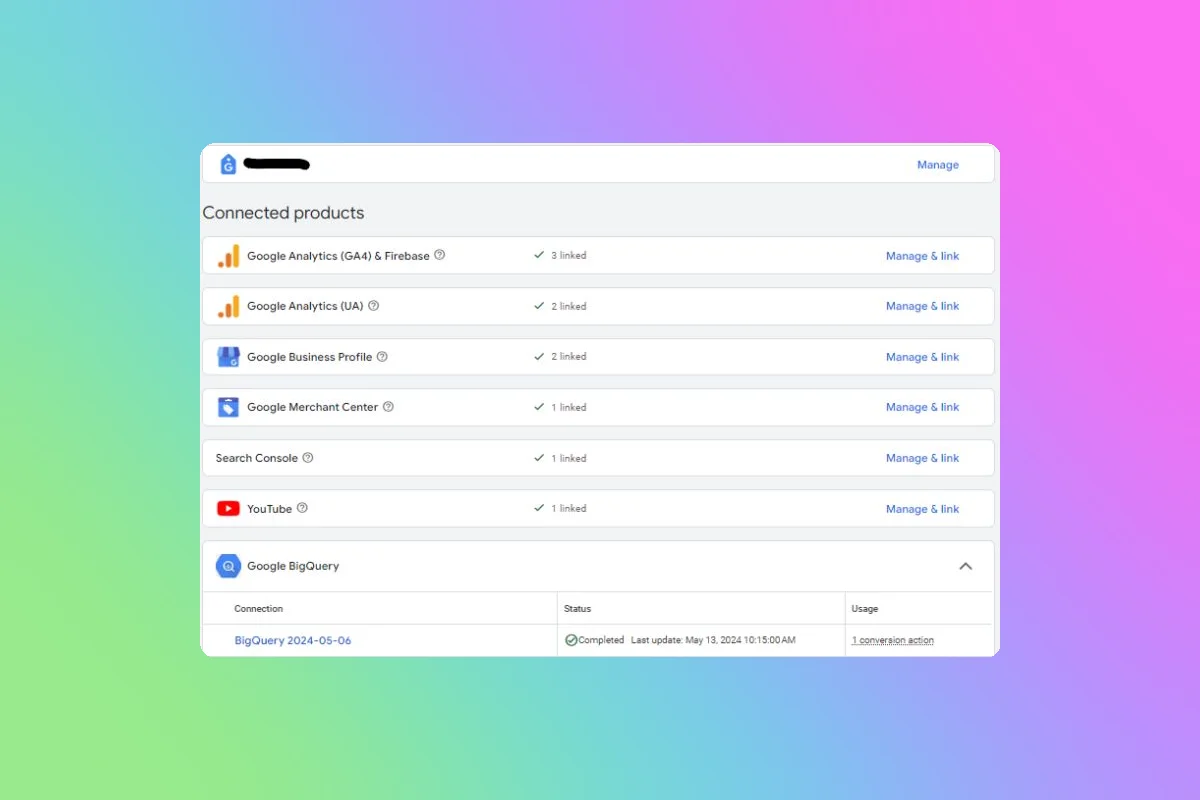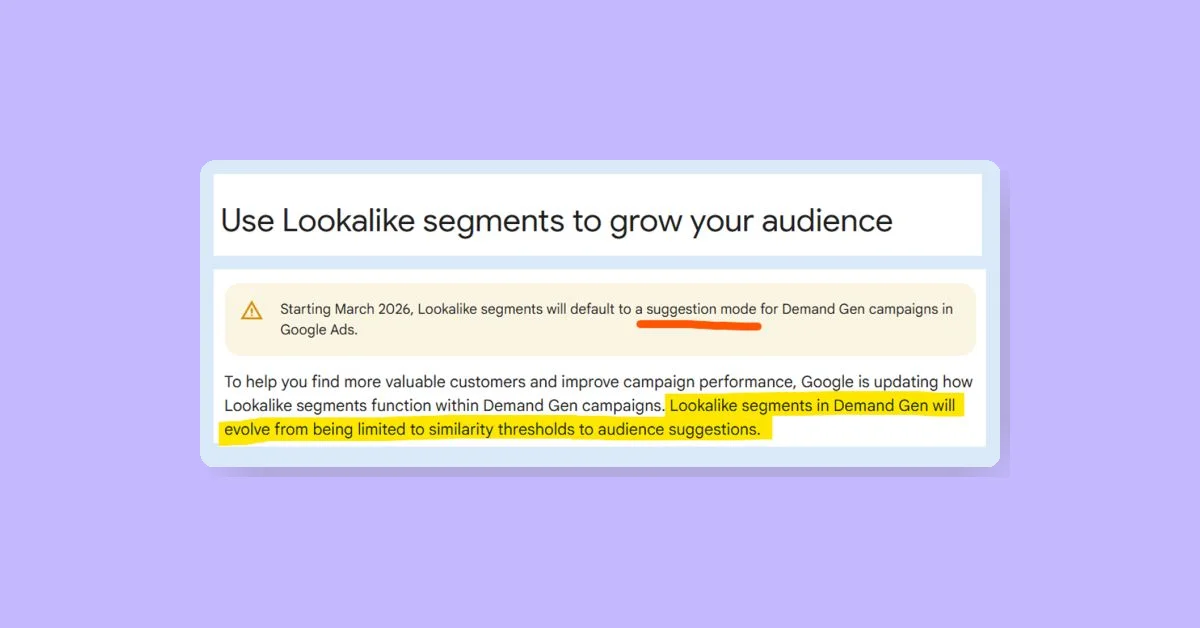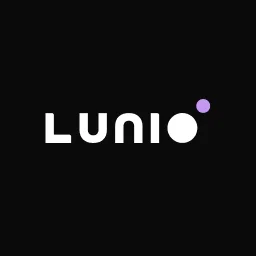Google's compliance with the Digital Markets Act (DMA) has significantly decreased hotel traffic and bookings. The DMA, implemented to prevent digital companies from favouring their services, has resulted in a 30% decrease in click-through traffic and a 36% drop in direct bookings for hotels in EU markets affected by the DMA. Markets affected by DMA are likely captured by intermediaries such as OTAs (Booking.com and Expedia, mainly).
Google's changes to its search results for travel searches (flights and hotels) have made the presentation of hotel offers less organized and intuitive. Before DMA, Google's search results were optimized to connect supply and demand efficiently. However, the DMA implementation has resulted in a loss of hotel visibility and a less user-friendly booking process.
The current implementation of the DMA seems to favor large US companies, like Booking Holdings or Expedia, over the European hotel ecosystem, particularly for smaller independent chains and hotels, reducing their profitability and competitiveness.
Before and in markets that are not part of the Designated Market Area (DMA):

Now and implemented in DMA markets:


